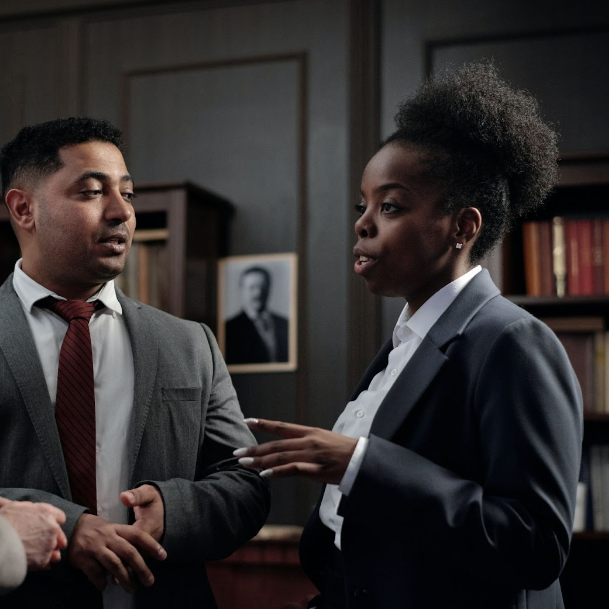Brendan W. Caver DCFS, Juvenile, and Criminal Defense Attorney
Tips for Avoiding a License Suspension After a DUI
Tips for Avoiding a License Suspension After a DUI
Issuance of a temporary license
Pleading your case
The amount of time your license is suspended will depend on the BAC level you had at the time of the arrest, whether or not you took a blood or chemical test, any prior DUI convictions and any other exacerbating factors. The more serious the offense, the more difficult it will be to get your license reinstated, but that does not mean you shouldn’t try.
Many people assume they should refuse to submit to a breathalyzer or blood test, believing this would help them avoid license suspension. However, there are implied consent laws requiring people pulled over on suspicion of driving under the influence to submit to these tests. Refusal to do so will result in an automatic license suspension, even if you are ultimately not convicted of driving under the influence.
One option that’s available to you to restore your driving privileges is to petition for a hardship or occupational driver’s license. In this situation, you ask the court to allow you to continue to be able to drive while your court case is pending. An occupational license allows you to continue to drive to and from work, or for work purposes, depending on your occupation. Hardship licenses can allow you to go to and from school or take your children to and from activities.
You can also fight the charges themselves in court. Federal law requires the prosecution to be able to prove you committed a DUI offense beyond reasonable doubt. Any issues that occur with the testing could invalidate the arrest, as could issues with the protocol used by arresting officers on site.
For more information about avoiding a license suspension after a DUI, contact the Law Office of Brendan W. Caver DCFS, Juvenile and Criminal Defense Attorney to speak with a skilled DUI attorney in Rockford, IL.
Recent Posts







